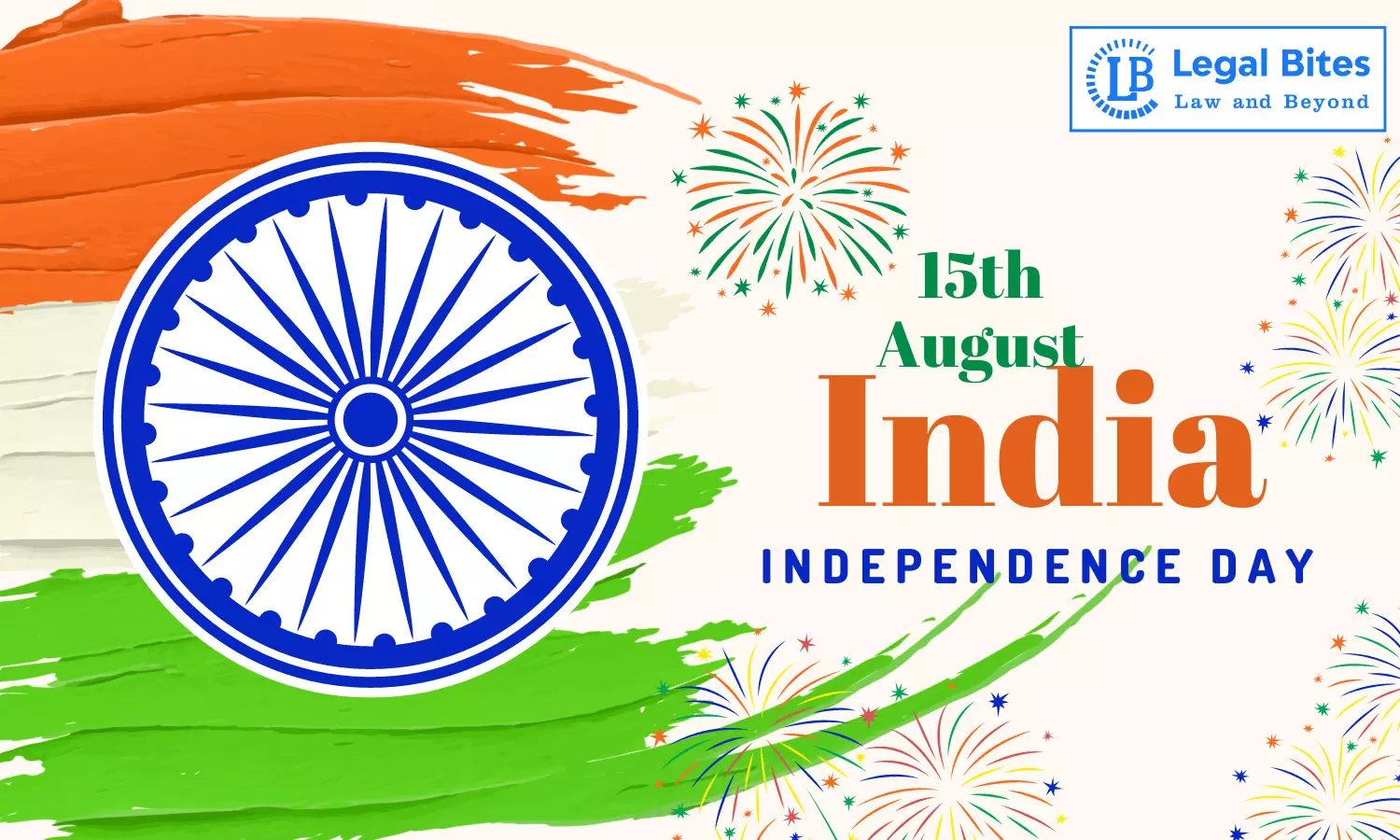Celebrating India's 15th August: A Journey of Independence and Unity
The article 'Celebrating India's 15th August: A Journey of Independence and Unity' highlights India's Independence Day.

The article 'Celebrating India's 15th August: A Journey of Independence and Unity' highlights India's Independence Day as not only a time for celebration, but also a moment of reflection on the nation's progress, challenges, and aspirations.
Introduction
Every year, on the 15th of August, India unfurls its tricolour flag, symbolizing the triumph of freedom and unity. This day holds a special place in the hearts of every Indian as it marks the commemoration of the country's hard-fought struggle against colonial rule and the dawn of a new era. The 15th of August, India's Independence Day, is a time for reflection, celebration, and renewed commitment to the principles that the nation stands for.
Historical Significance
India's journey to independence was marked by decades of unwavering dedication, courage, and sacrifice. The British colonial rule, which lasted for nearly 200 years, had deeply impacted every facet of Indian society. The Indian independence movement gained momentum in the early 20th century, led by iconic figures such as Mahatma Gandhi, Jawaharlal Nehru, Subhas Chandra Bose, and Sardar Vallabhbhai Patel.
The struggle for freedom culminated in the final years of British rule, when mass protests, civil disobedience, and a united demand for self-governance forced the British to reconsider their hold on India. The journey for freedom in India reached its pinnacle as the nation broke free from colonial rule on the midnight of August 14th-15th, 1947.
Celebrations and Traditions
Independence Day is celebrated with great enthusiasm and fervour across India. The main event takes place at the Red Fort in Delhi, where the Prime Minister hoists the national flag and addresses the nation. The flag-hoisting ceremony is accompanied by a military parade showcasing India's diverse cultural heritage, military prowess, and technological advancements. Similar flag-hoisting ceremonies are held at state capitals and other government institutions.
People from all walks of life come together to celebrate this day. Schools, colleges, and community centres organize cultural programs, patriotic songs, and performances that pay tribute to the nation's history and heroes. The tricolour flag can be seen adorning public spaces, private residences, and vehicles, symbolizing unity in diversity.
Renewed Commitment to Unity and Progress
Independence Day is not only a celebration of India's past but also a time to reflect on its present and future. The day serves as a reminder of the values of liberty, equality, and democracy that the nation was built upon. It calls for a renewed commitment to the progress and development of the country, ensuring that every citizen enjoys the fruits of freedom.
Challenges and Aspirations
As India celebrates its 15th August, it also faces a multitude of challenges, ranging from socio-economic disparities to environmental concerns. However, the spirit of Independence Day teaches that unity and determination can overcome even the most formidable obstacles. The aspirations for a developed, inclusive, and harmonious India continue to guide the nation's path.
Conclusion
India's 15th August Independence Day is a testament to the indomitable spirit of a nation that refused to be shackled by colonial rule. It is a day of remembrance, gratitude, and hope—a day that reminds every Indian of the sacrifices made by their forefathers and the responsibilities they bear as custodians of a free nation. As the tricolour flag waves proudly, the country looks forward to a future built on the foundations of unity, progress, and prosperity.


